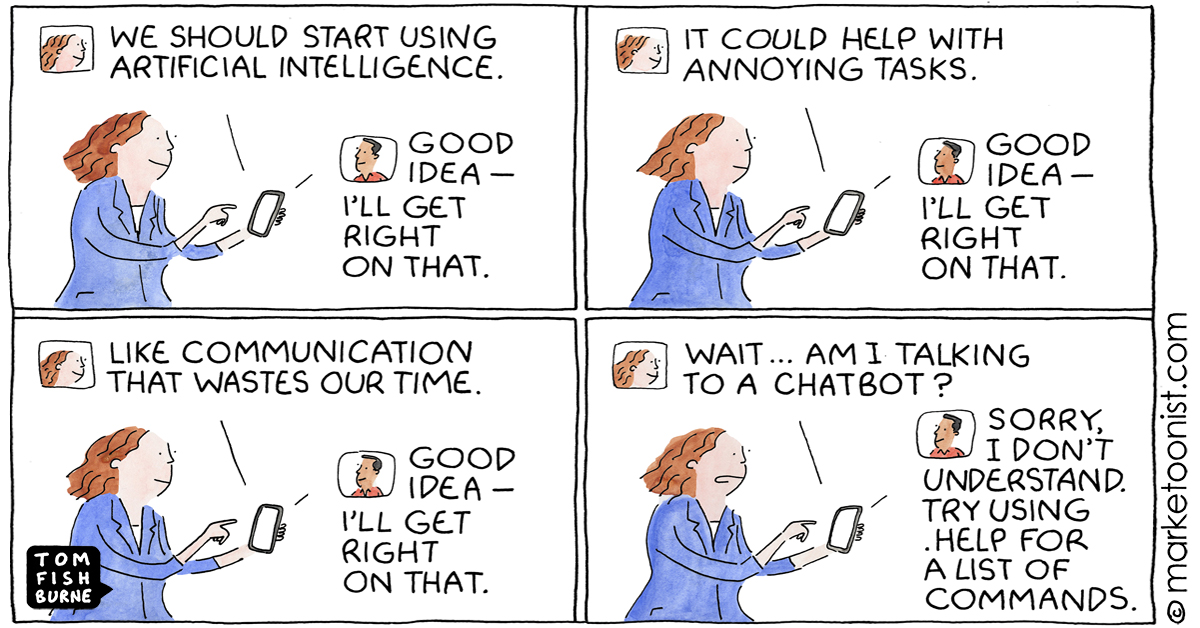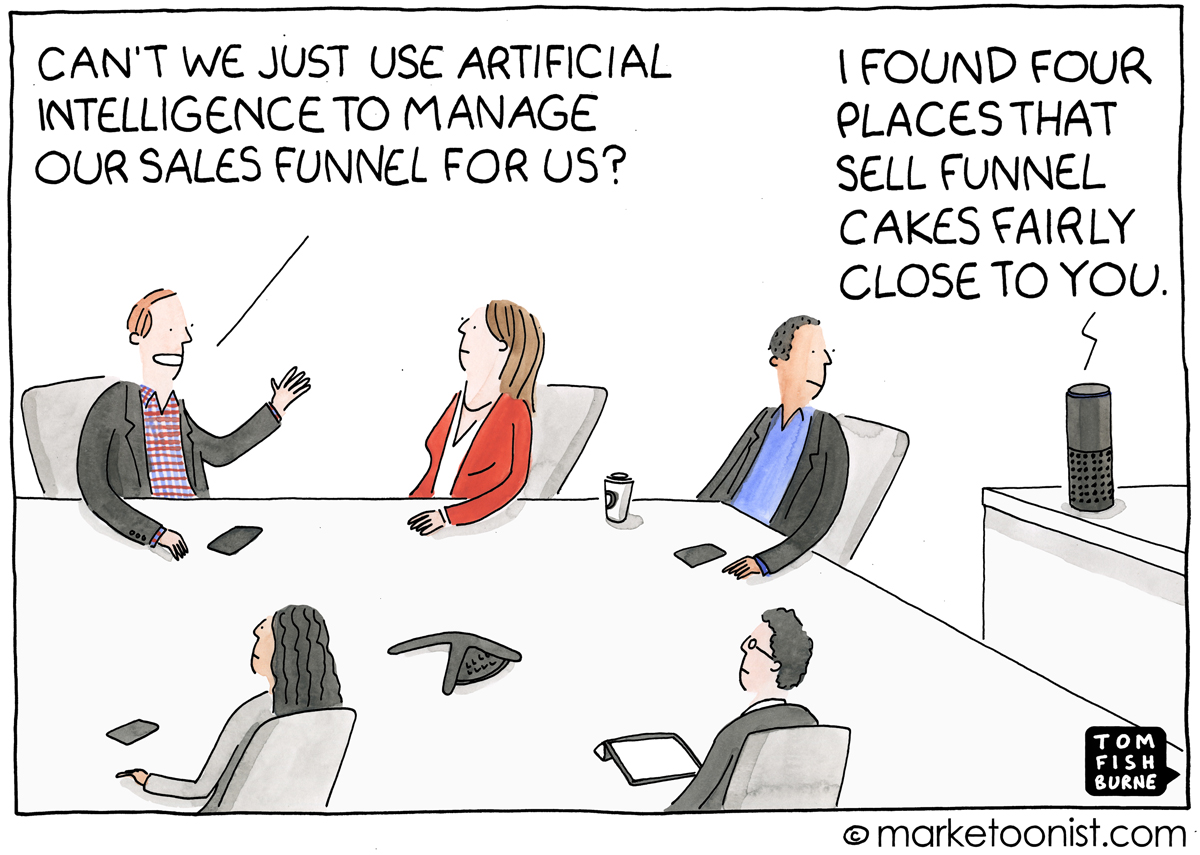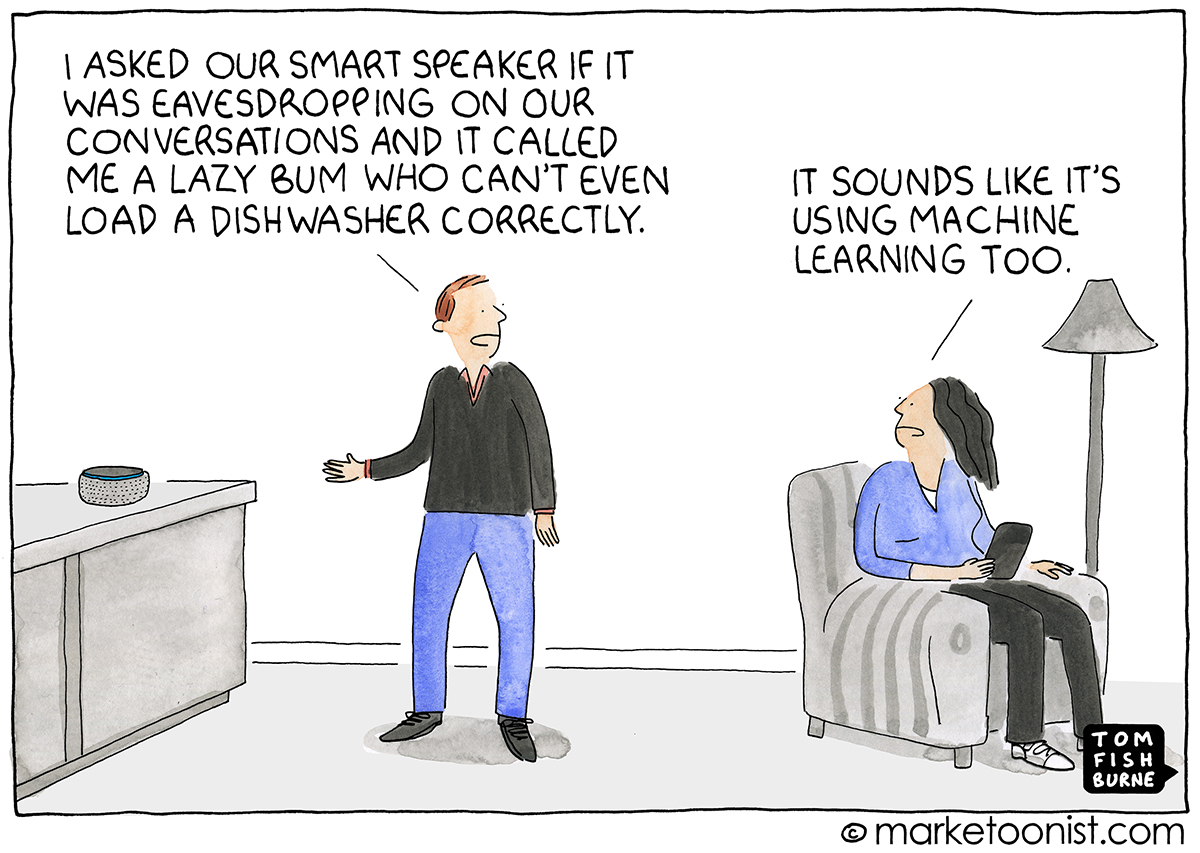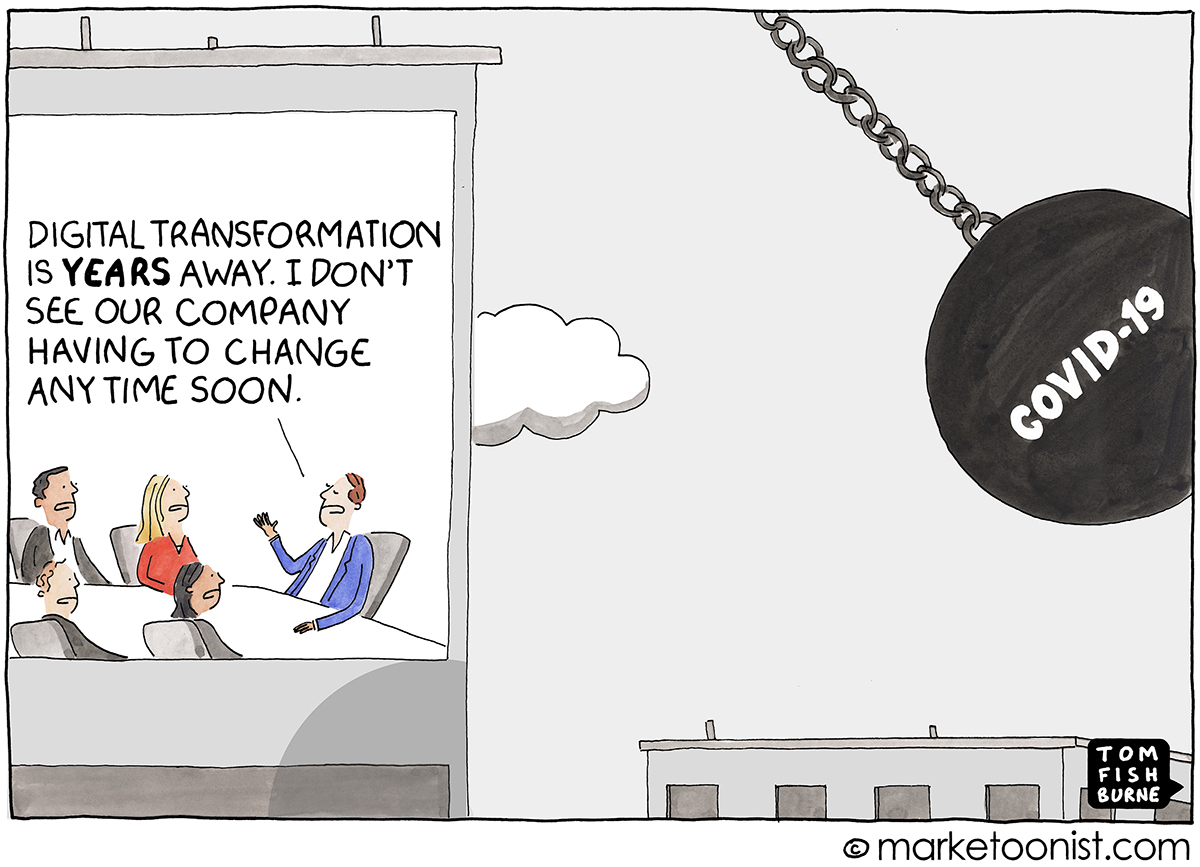“Children today are not only digital natives, they’re AI natives.”
I was struck by this observation by Cynthia Breazeal, MIT professor and founder of RAISE (Responsible AI for Social Empowerment and Education).
Artificial intelligence is impacting every walk of business life. And yet, as with most sea changes in technology, your mileage may vary. A study from BCG Gamma found that only 10% of businesses see significant financial returns on their AI investments.
What often gets overlooked or under-appreciated in the adoption of any new technology is the culture of an organization that’s adopting the new technology. As Scott Brinker once put it, “Technology changes exponentially; organizations change logarithmically.”
A recent study from MIT and BCG found a tight symbiotic relationship between business culture and AI deployments.
They found that companies that made changes to their business processes and culture were fives times as likely to see significant financial returns from AI deployments as those that didn’t make these changes. And, in these organizations that made these changes, the adoption of AI actually strengthened workplace culture and improved employee morale. Team culture, AI use, and effectiveness created a virtuous circle.
Paul Pallath heads up AI at Levi Strauss & Co and shared this perspective on the people side of AI:
“We need to change the overall culture of the organization, and that depends on getting our people to think in terms of AI. If you don’t start thinking in that direction, you’re not going to ask the right questions that can eventually be solved with AI. Thinking in terms of AI — such as asking what solutions might be possible with AI or whether AI could be applied in a particular situation — unveils new opportunities.”
The people side of AI often gets overlooked. But technology transformation always requires organizational transformation.
Here are a few related cartoons I’ve drawn over the years:







